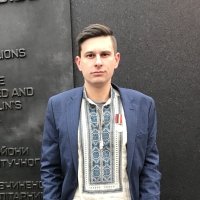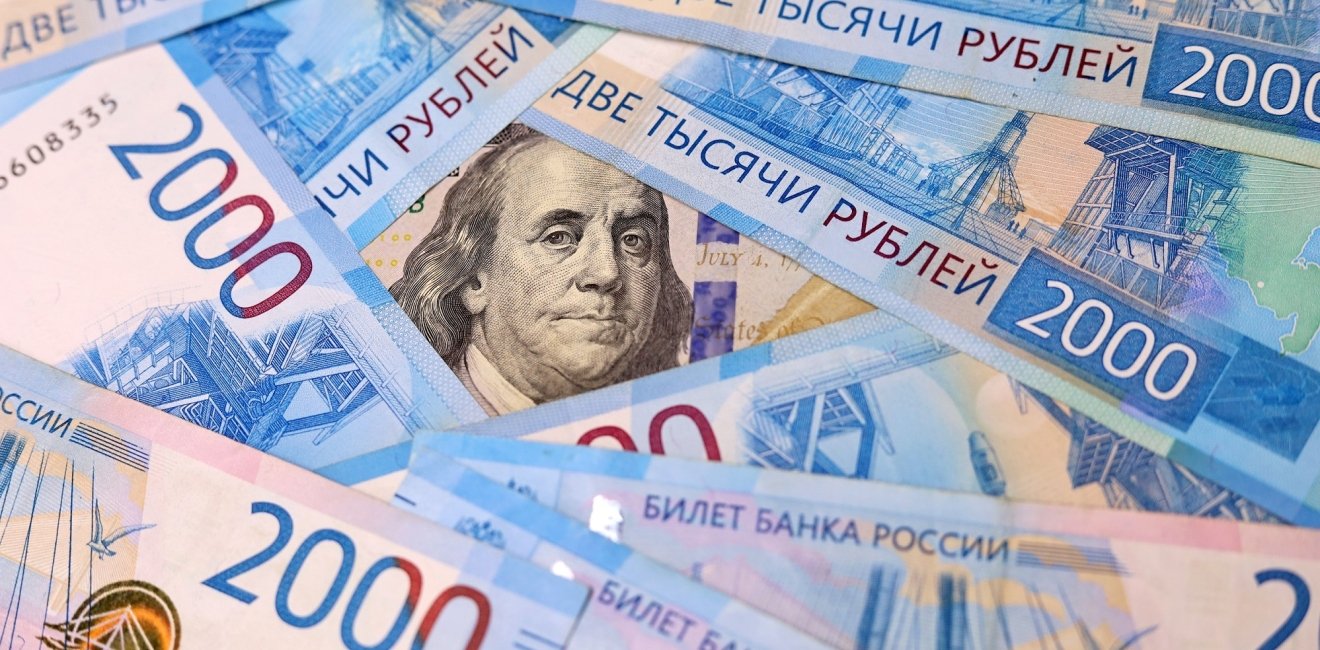
A blog of the Kennan Institute
BY MARK TEMNYCKY
Russia’s war has been catastrophic for Ukraine. According to the United Nations, over four million Ukrainians have fled the country. Another seven million are internally displaced. These eleven million Ukrainians make up roughly 25 percent of Ukraine’s total population.
The invasion has also led to the deaths of thousands. U.S. officials believe that between 2,000 and 4,000 Ukrainian soldiers and volunteers have perished. The UN stated that at least 1,081 civilians have died, although these are very conservative estimates. Finally, the Russian tabloid Komsomolskaya Pravda let it slip recently that nearly 10,000 Russian soldiers have been killed, citing Russian defense ministry data. (The paper quickly deleted the information, claiming that its site had been hacked.) While the exact casualty figures remain murky, what is clear is that the effects of the war have been devastating.
Canada, Australia, the EU, the UK, the United States, and Japan responded quickly to the Russian invasion. Over the past month, several Russian banks were removed from SWIFT, the international financial messaging system. The Russian Federation was expelled from the Council of Europe. Several Russian sports teams have been banned from international competitions. Hundreds of Russian politicians and oligarchs have had their assets frozen or seized, and the West is reducing its reliance on Russian gas. Russian commercial flights have also been banned in several Western countries. Finally, thousands of Western companies have withdrawn or suspended their operations in Russia. While these penalties have severely harmed the Russian economy, they have not deterred Russian president Vladimir Putin and his inner circle.
Given Putin’s decision to continue this unprovoked war, the West could do more to punish Russia for its behavior. Western companies should continue to withdraw their goods and services from Russia. The sales made by these companies help boost the Russian economy, and this supports Putin’s war, as the funds received in these transactions are being used to finance Russia’s invasion of Ukraine.
Take, for example, BASF SE, the world’s largest chemical company. The German business is very active in Russia and is involved in several initiatives, including in Russia’s energy sector. BASF SE currently generates 1 percent of its group sales from its work in Russia. In light of the Russian war in Ukraine, BASF SE stated that it would suspend any “new Russian relations.” Its existing work, however, is still active.
BASF SE should follow the example of several other companies and completely withdraw its services from Russia. The departure of the German company would further harm Russia’s economy, which in turn would put additional pressure on the Russian government to end the war. In contrast, should BASF SE stay in Russia, this would dilute the effect of the sanctions imposed on Russia.
BASF SE was one of the financial backers of the now halted Nord Stream 2. When the pipeline was being constructed, the Germans stated that if Russia committed “further aggressive acts against Ukraine,” Germany would sanction the project and “limit Russian export capabilities to Europe.” While the Germans have upheld this clause, they should cancel the project altogether. If companies such as BASF SE were to encourage Europe to reduce its energy dependence on Russia, this step would weaken Russia’s influence over the continent. Russia demonstrated last year that it could dictate the flow of gas into the European continent, and that made several countries uneasy.
BASF SE’s complete departure from Russia would likely encourage other Western companies to follow suit. Though thousands of companies have suspended their services, many have yet to leave the country. A full list of these organizations and their status was published by NBC.
Several other prominent companies are still operating in Russia. According to NBC’s list, businesses such as Johnson & Johnson, Nestlé, Marriott, and Hyatt are scaling back their operations but did not fully suspend work. By continuing to produce goods and services in Russia, they are indirectly funding Putin’s war. The money that circulates in the Russian economy is being directed toward the war effort and prolonging the conflict. The Ukrainian government, along with many Western institutions, has called for these companies to suspend their services. These demands, however, have gone unanswered.
With companies ignoring these urgent calls, the international hacking collective Anonymous recently issued an ultimatum. (Anonymous has taken credit for “multiple cyberattacks on Russian state media organizations and state-controlled websites.”) Giving these companies 48 hours “to cease their Russian operations,” it warned that it would target those who fail to do so. Soon after, Nestlé reported that its database had been hacked. Although Nestlé denied Anonymous’ role, it announced that it would no longer sell its Kit Kat and Nesquik brands in Russia.
Meanwhile, companies such as Deutsche Bank, Visa, Mastercard, and Citrix have suspended their operations but are still present in Russia. Western governments could effectively pressure these organizations to discontinue operations in Russia—for example, by providing incentives so that the organizations could expand their markets in the West. Alternatively, Western states could establish penalties for companies that continue to do business with Russia, similar to the sanctions implemented on the organizations that helped construct Nord Stream 2.
The people of Ukraine did not ask for Russia’s unprovoked and unjust war. Millions of Ukrainians have fled their homes and thousands have died. Despite these travesties and pressure on the part of Western governments, a number of companies continue to operate in Russia. Discontinuing their work in Russia is the ethical and moral thing to do. If the presidents and CEOs of these companies cannot comprehend this, then perhaps they would understand financial punishments.
The opinions expressed in this article are those solely of the authors and do not reflect the views of the Kennan Institute.
Author


Kennan Institute
The Kennan Institute is the premier US center for advanced research on Eurasia and the oldest and largest regional program at the Woodrow Wilson International Center for Scholars. The Kennan Institute is committed to improving American understanding of Russia, Ukraine, Central Asia, the South Caucasus, and the surrounding region through research and exchange. Read more

Explore More in Focus Ukraine
Browse Focus Ukraine
Talking to the Dead to Heal the Living

Ukrainian Issue in Polish Elections


